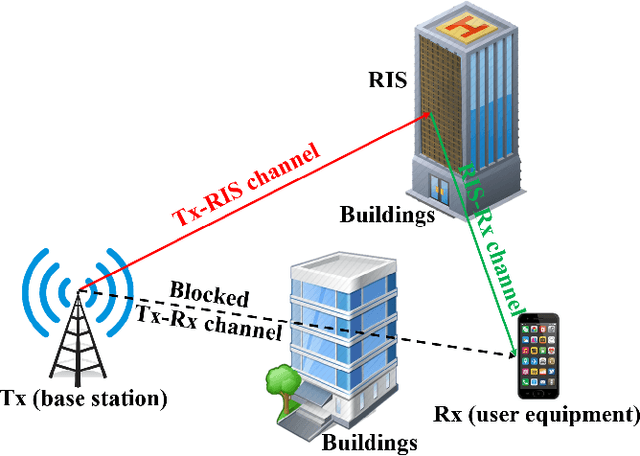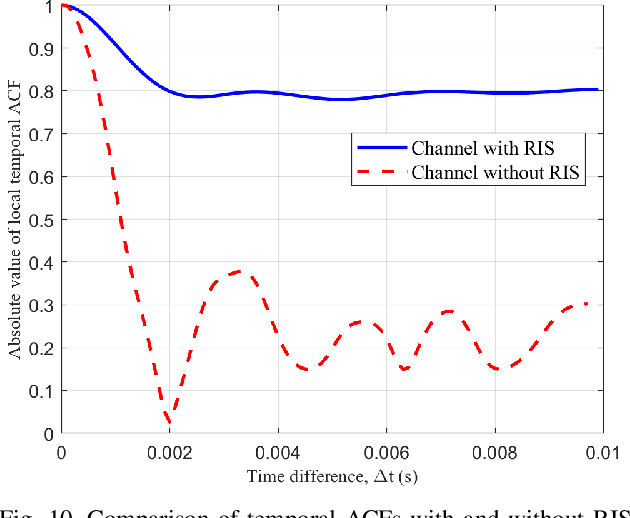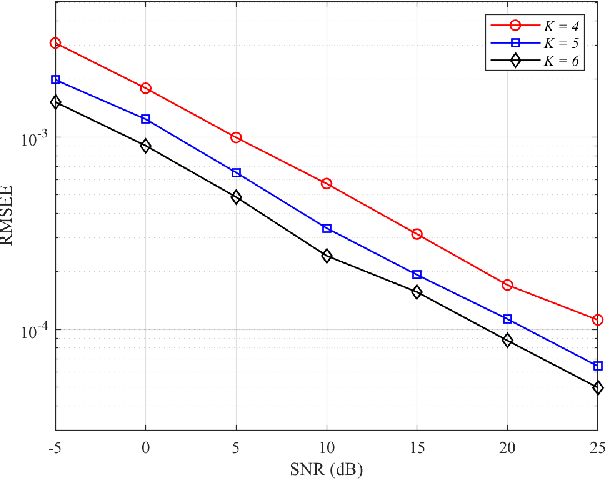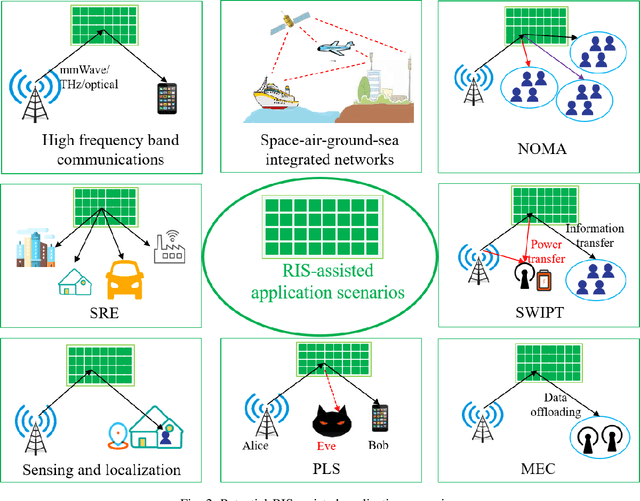Reconfigurable intelligent surfaces: Channel characterization and modeling
Paper and Code
Jun 06, 2022



Reconfigurable intelligent surfaces (RISs) are two dimensional (2D) metasurfaces which can intelligently manipulate electromagnetic waves by low-cost near passive reflecting elements. RIS is viewed as a potential key technology for the sixth generation (6G) wireless communication systems mainly due to its advantages in tuning wireless signals, thus smartly controlling propagation environments. In this paper, we aim at addressing channel characterization and modeling issues of RIS-assisted wireless communication systems. At first, the concept, principle, and potential applications of RIS are given. An overview of RIS based channel measurements and experiments is presented by classifying frequency bands, scenarios, system configurations, RIS constructions, experiment purposes, and channel observations. Then, RIS based channel characteristics are studied, including reflection and transmission, Doppler effect and multipath fading mitigation, channel reciprocity, channel hardening, rank improvement, far field and near field, etc. RIS based channel modeling works are investigated, including largescale path loss models and small-scale multipath fading models. At last, future research directions related to RIS-assisted channels are also discussed.
 Add to Chrome
Add to Chrome Add to Firefox
Add to Firefox Add to Edge
Add to Edge